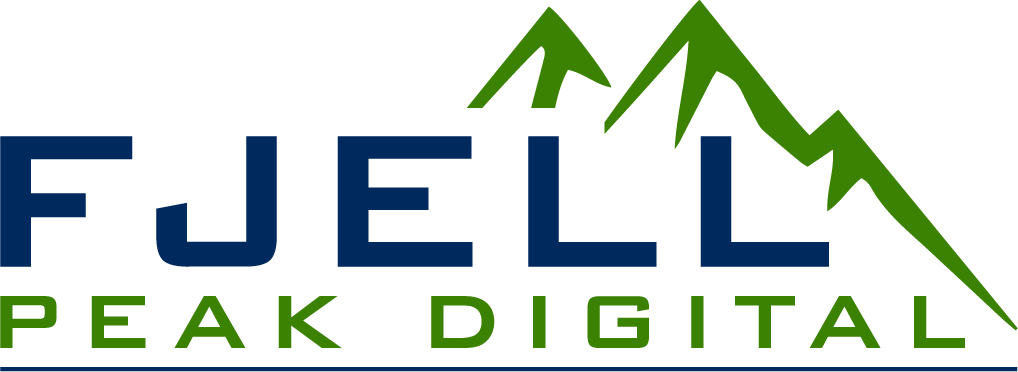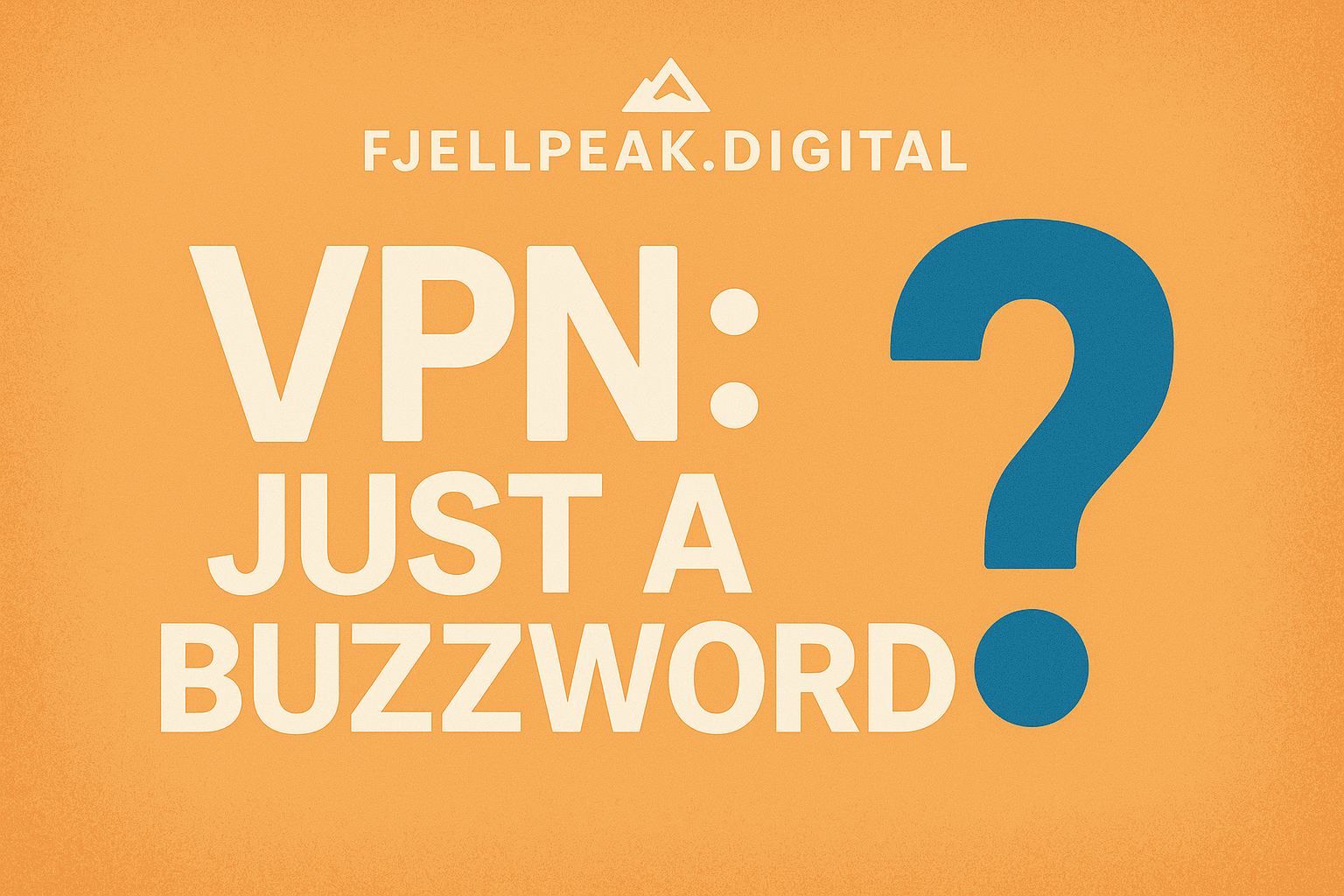If you’ve spent more than 15 minutes on the internet lately, you’ve probably seen ads promising to “keep you 100% safe online” with a VPN. They often feature dramatic visuals — hackers in hoodies, glowing green code, and maybe even a globe spinning in the background. But here’s the question: is a VPN actually essential… or just another tech buzzword?
What is a VPN, Really?
A VPN, or Virtual Private Network, creates a secure, encrypted tunnel between your device and the internet. Instead of connecting directly to websites, your traffic is routed through a VPN server. The result:
Your IP address is masked (making it harder to track your location).
Your data is encrypted (making it harder for outsiders to snoop).
You can bypass geo-blocks (hello, “not available in your country” messages).
Think of it as wrapping your internet connection in an invisibility cloak and mailing it in a locked box.
The Reality Check
While VPNs have legitimate uses, they’re not the magical cure-all that marketing suggests. Here’s what they can — and can’t — do:
A VPN Can:
-
Hide your IP address from websites and advertisers.
-
Protect your data on public Wi-Fi (think airports, coffee shops, hotels).
-
Help access region-restricted content.
-
Prevent your ISP from seeing your browsing history.
A VPN Can't:
-
Make you “anonymous” online. (Websites can still track you via cookies, browser fingerprinting, and accounts you log into.)
-
Protect you from phishing scams or malware.
-
Replace antivirus or good security habits.
-
Guarantee faster internet speeds (often, it’s the opposite).
If you’re unsure whether your business needs a VPN, start with a security audit. You might find bigger gaps in your protection — and the right solutions — before adding another subscription to your monthly bill.
Chris Jones
When You Actually Need a VPN
For the average small business owner or remote worker, a VPN is valuable if:
You work with sensitive data (client information, internal documents).
You frequently use public or shared networks.
You need to connect to a company network securely while away.
You need to test websites from different locations (great for global SEO work).
When You Probably Don’t
If you:
Work from a secure home network most of the time.
Rarely connect to public Wi-Fi.
Don’t need to hide your location.
…then a VPN might be a “nice-to-have” rather than a must-have.
The Buzzword Problem
Tech trends come and go, but marketing hype has staying power. “VPN” has become a shorthand for “internet safety” in ad copy, and while they’re useful, they’re not a replacement for strong passwords, multi-factor authentication, and basic digital hygiene.
Bottom Line
A VPN is like a lock on your front door: it’s useful, but it’s not your entire security system. For many individuals and small businesses, it’s a smart addition to your toolkit — as long as you understand what it actually does (and doesn’t) protect.



